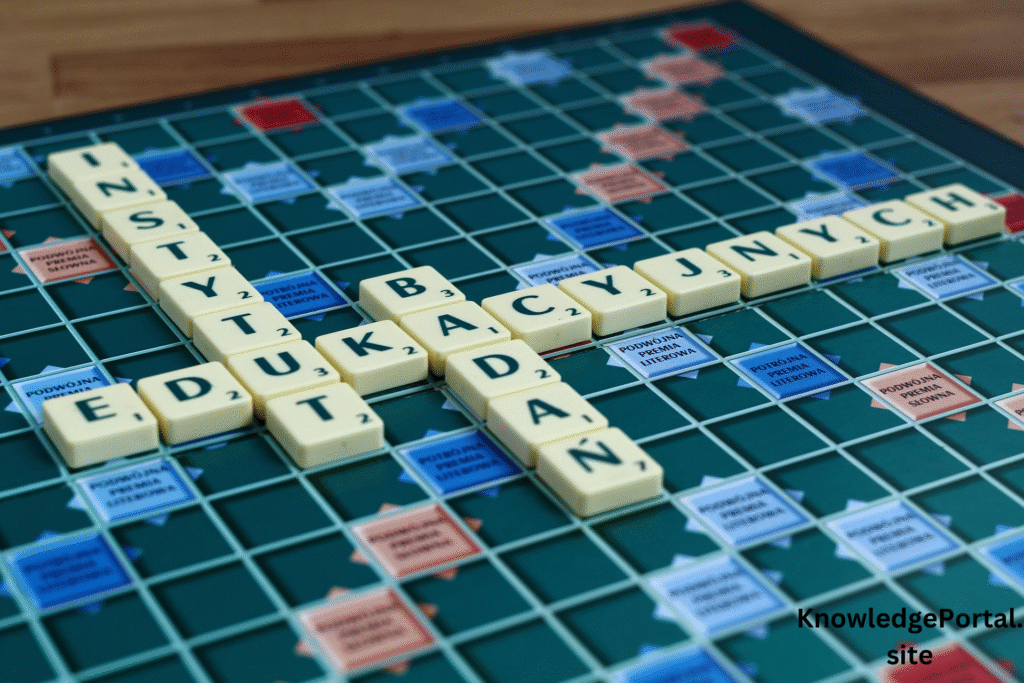Adult-themed games have attracted more and more interest lately, both favorable and bad. Among these, the phrase “perverted education game” has become a common search query and specialized interest topic inside the larger terrain of adult gaming. Usually falling within the NSFW visual novel or interactive fiction genres, these games cause a lot of discussion among gaming communities, psychology forums, and digital ethics panels. What precisely, though, are twisted education games? Why are they becoming more and more popular? What consequences follows from this?
We will go over the definition, background, appeal, ethical issues, and controversies behind perverse education games in this extensive guide. We will also look at their fit in digital culture and SEO patterns bringing visitors to this area of uncommon interest.
Define a Perverted Education Game.
Usually sexual in nature, a perverted education game is a role-playing game (RPG) or simulation combining adult content with a story focused on “educational,” or “training,” elements. Visual novel mechanisms, dialogue trees, and decision-making systems whereby players affect the course of character development—both in appearance and behavior—often abound in these games.
Although the term sounds paradoxical, the usage of “education” is usually satirical or sardonic. Though sometimes with adult circumstances mixed into the story, these games replicate academic or institutional settings including schools, reform centers, or academies, therefore transcending their traditional instructional value.
The Source and Typical Illustrations
The name gained more prominence with the release of a particular adult visual novel called “Perverted Education,” a game examining player choices, erotic conditioning, and identity development inside a fictional college. Designed by anonymous producers and regularly updated, it is housed on adult content forums and Patreon or Subscribestar crowdsourcing sites.
Usually, important elements of these games consist in:
Feminization, or gender change (TG/TF themes)
Power dynamics, sometimes known as BDSM
Character development spearheaded by players
Quests, lessons, or assignments having sensual results.
Many endings depending on moral or deviant decisions
While some users applaud these games for their originality and depth, others object to them for supporting negative preconceptions or engaging in predatory fantasies.
Why Do People Play These Games? The Appeal
Although individual user determines the psychology underlying the popularity of perverse education games, generally it consists in:
1. Fantasy Exploration and Escapeism
Many adults find gaming to be a secure and private forum for investigating forbidden fantasies. These games let users act in situations they would never think about in real life.
2. Customizability and Narrative Structure
Perverted education games are frequently interactive and branching, unlike stationary adult media, allowing users power over character growth, environment interaction, and moral decisions.
3. Showmanship
niche identity Particularly those examining sissyfication, dom/sub dynamics, or identity play, some games in this genre investigate gender transition or power exchange in a way that would appeal to certain communities like the LGBTQ+ audience.
The Ethical and Cultural Issue:
These games generate major ethical and cultural concerns even if they are rather popular.
1. Standardization of Negative Stereotypes
Many detractors contend that these games reinforce negative gender norms, unrealistically high sexual expectations, and even encourage coercion. Especially in game environments where they resemble real-world institutions, the mixing of “education” with “perversion” might be perceived as undesirable or harmful.
2. Underage and Consent Issues
Some stories approach implied underage interactions, which can create moral and legal problems even although most games have disclaimers stating all characters are above 18. Game systems have to be exact about implementing ethical norms and age verification.
Third: Desensitization and Addiction
Particularly with highly graphic content, too much exposure to adult gaming might cause desensitization or disrupt real-world relationships and intimacy. Although not specific to this genre, therapists and proponents of digital wellness are starting to worry about it.
Legal and moderational difficulties
Like with all adult material, artists and venues have to be conscious of foreign legal systems including:
GDPR Compliance (COPPA, CCPA, 18+)
Copyright Takedowns: Copyright Copyright
Payment Processor Restrictions (e.g., Stripe, PayPal usually forbids funding for adult games)
Many perverted education games function in a legal gray area, especially if they feature ideas like mind control, humiliation, or gender manipulation. Essential tools for avoiding legal problems are clear disclaimers, user agreements, and age barriers.
The Future of the Genre: What Not Yet Exists
Perverted education games fall into a changing category. These games are growing more immersive than ever because to developments in AI-driven chat, deeper plot engines, and avatar customizing.
Future developments might feature:
VR and AR merging for immersive adult education dreams.
AI-generated non-player characters learning from player actions.
More user personalizing for story pace, fetishes, and quirks.
Ethical Adult Game Guidelines balancing responsibility with innovation.
Indie developers will continue to play a key role, as mainstream studios avoid the adult market due to its legal and reputational risks.
Conclusion
The phrase “perverted education game” catches a contentious but unquestionably popular niche of the adult gaming scene. Although its name points to challenging material, the deeper levels provide an amazing mix of interactive storytelling, identity inquiry, and fantasy simulation. Like any genre that explores adult and forbidden subjects, one should approach it with a mix of ethical awareness and curiosity.
Knowing the dynamics of these games helps developers, marketers, and gamers all around not only titillation but also digital literacy, cultural context, and responsible content development. As SEO trends show the growing interest in this field, the discussion on how such material affects society and personal well-being has to follow.